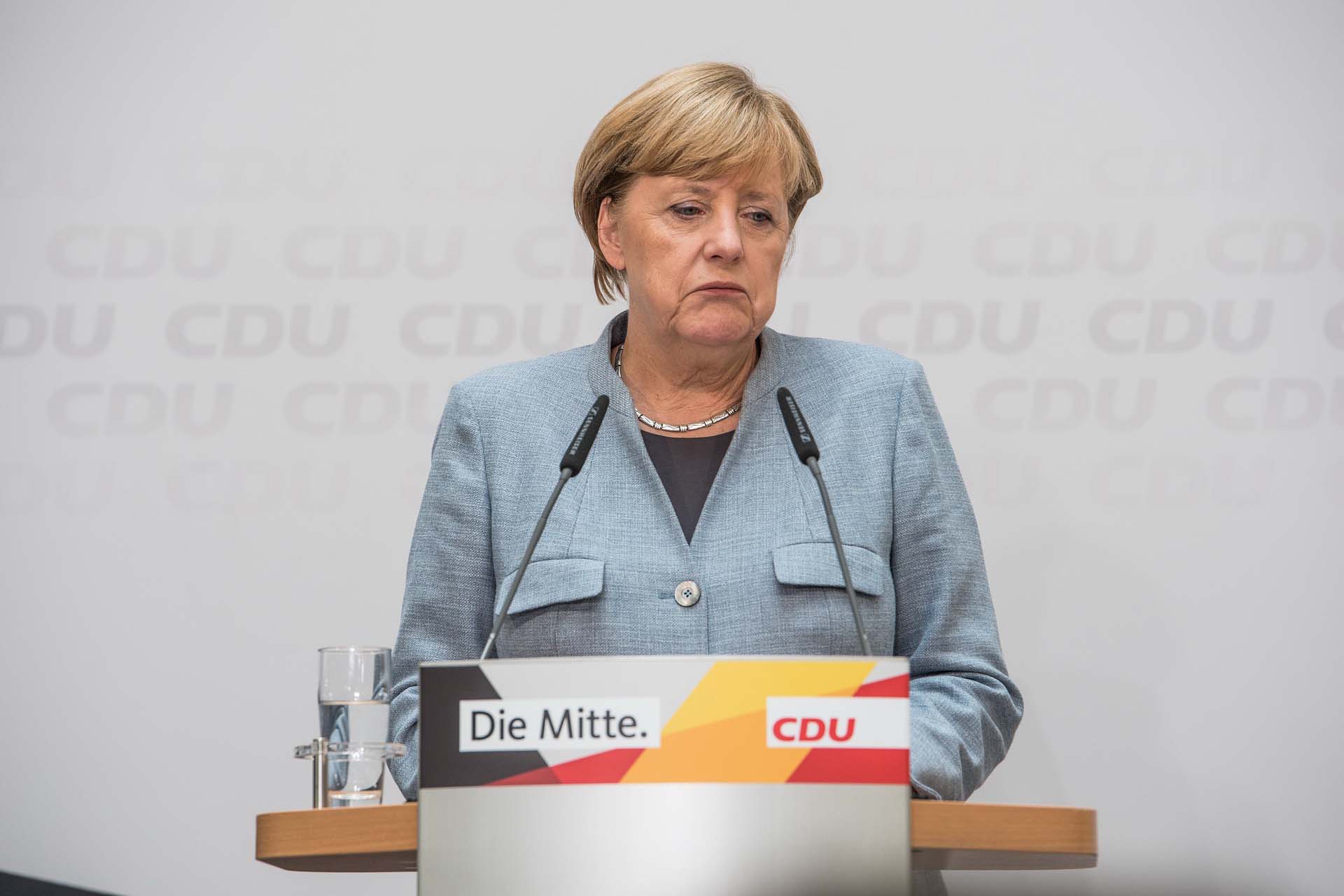Effects of Brexit: Will the UK exit from the EU be a disaster?
June 2016 was marked by an important event for the European and global economy. Almost 72% of Britons took part in the referendum, of which 52% were in favor of leaving the country from the European Union. It is possible that the agreement on withdrawal will be ratified by March 30, 2019. If this happens, a transitional period of 21 months will be valid. After it, the law of the European Union will no longer apply to the United Kingdom. If the agreement is not signed, the events will accelerate and the EU law will not be relevant in the country since March 2019.
The pound sterling in early September 2018 showed an increase. True, in the twenties of the same month showed a downward trend. In this case, the currency was influenced by political events not directly related to the economy. It was enough for the British Prime Minister Teresa May to appeal to the German Chancellor Angela Merkel with a request to “show respect” as the pound staggered.
Everything goes to that, Britain’s withdrawal from the EU will occur without a transitional period: the parties have not yet reached any agreements. In addition, it is possible that everyone is satisfied with the “fast” script. Meanwhile, the pound sterling is 12% cheaper than on the day of the referendum, which, we recall, was held in June 2016.
Effects of Brexit. Weak pound is not a problem
British companies included in the FTSE 100 index are not comfortable with the most stable pound. Most of the company’s profits are in euros and dollars. At the same time, prices on global stock markets have somewhat decreased due to a number of reasons. First, the experts could not give a forecast of the development of the trade conflict between the United States and China. Secondly, fears were caused by crises in Argentina and Turkey. Inflation in these countries threatened to affect all other currencies. Consequently, all UK stocks fell by around 2% in September 2018.
Meanwhile, inflation in the UK crept up to a half-year minimum.
The consumer price index showed an increase from 2.5% to 2.7%. However, experts predict a decrease to 2.4%.
The total trade deficit in April, May and June 2018 fell by almost half a billion pounds and amounted to 3.4 billion.

In the same way as in the USA, in the UK there is an increase in wages. In particular, they rose by 2.9% compared with the same period last year. If we talk about all the amounts that employees receive in the country (these are various payments and bonuses) – they also increased by 0.2%.
Unemployment has not risen and remained at 4% (which again overlaps with the United States labor market). At the same time, the number of vacancies associated with working specialties is growing. Recently, there has been an outflow of personnel previously arrived from EU countries.
Regardless of the scenario of the exit of Britain from the EU, analysts express restrained and optimistic judgments: an apocalypse on world markets is certainly not expected.









